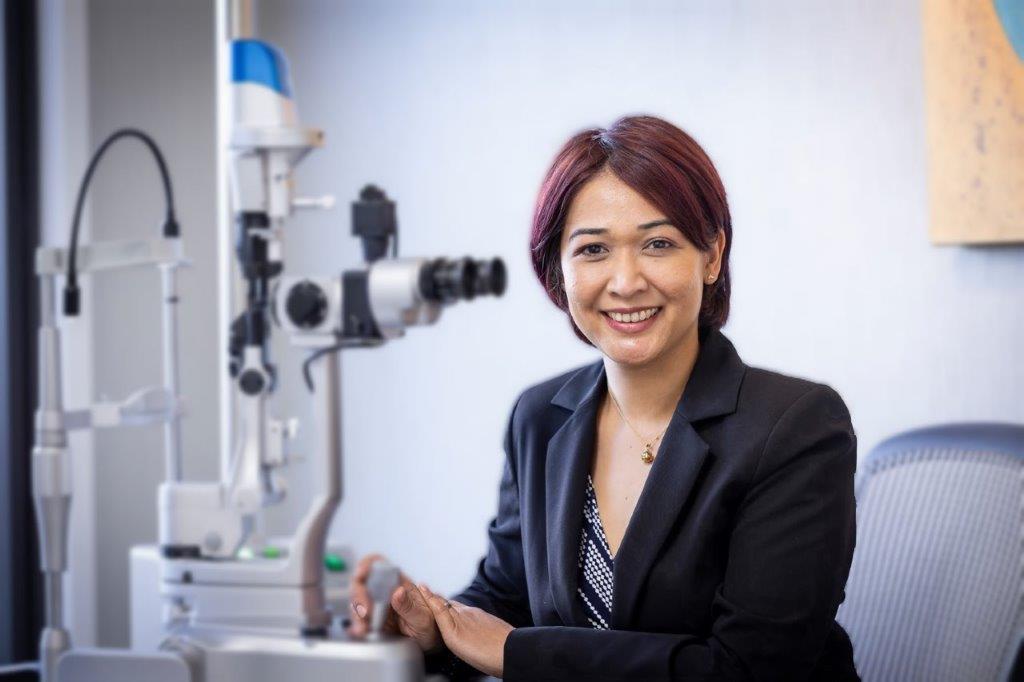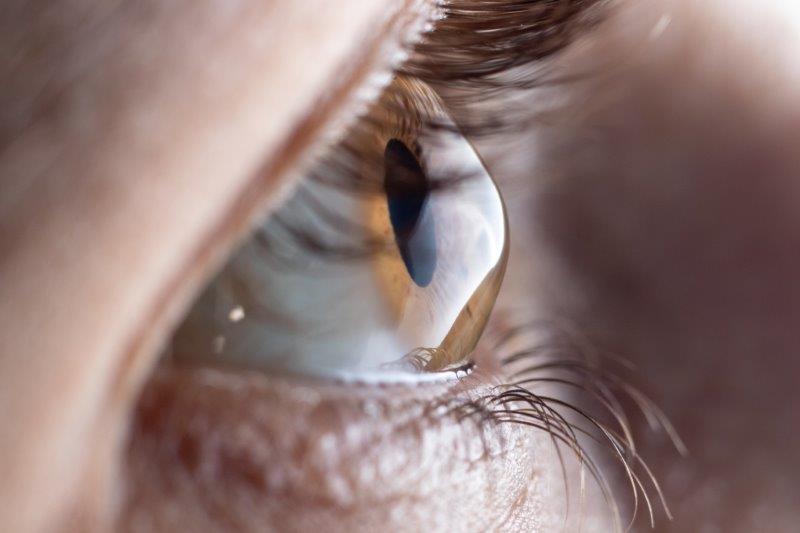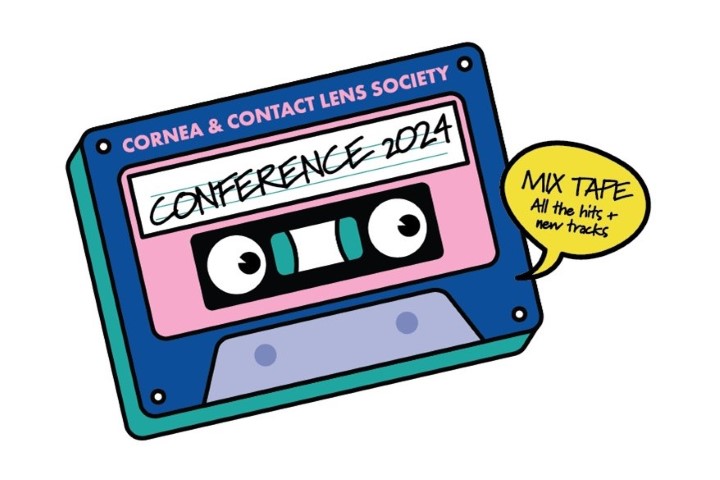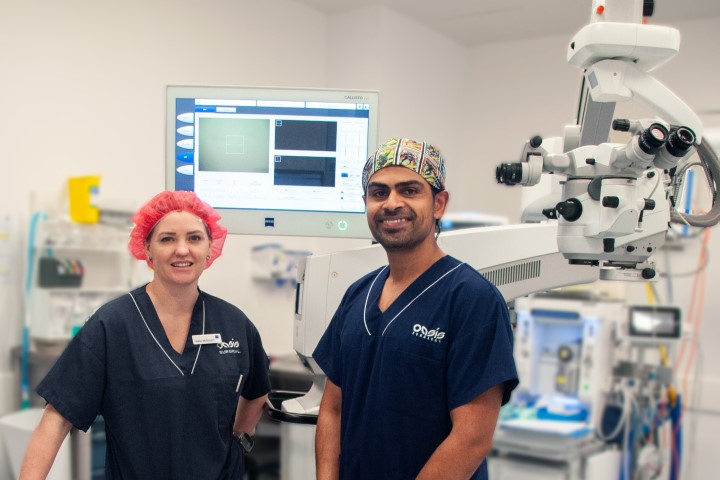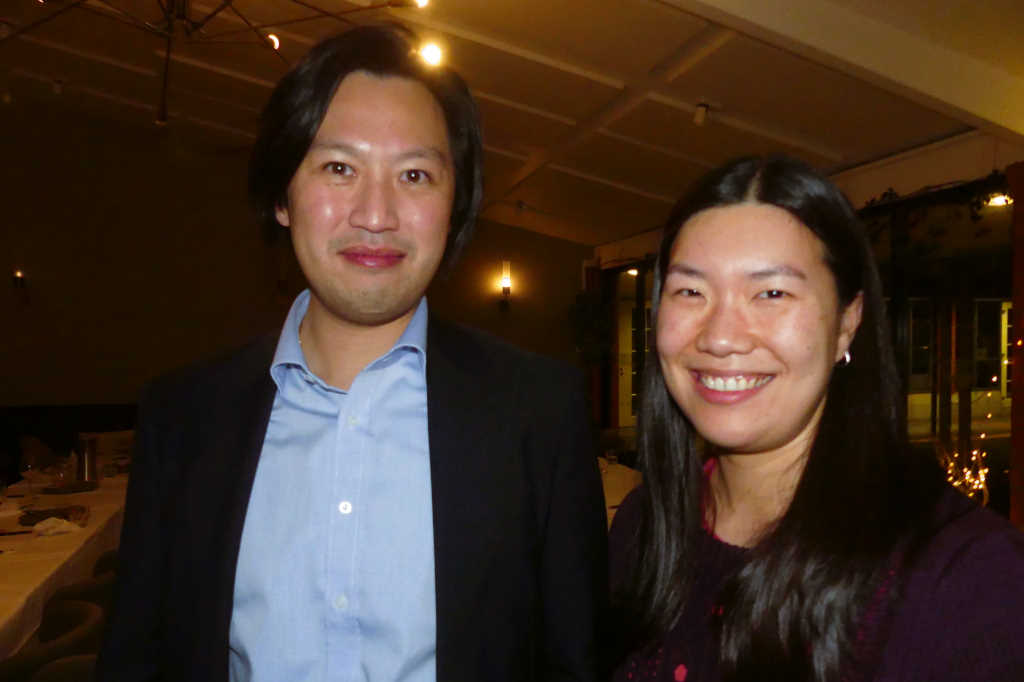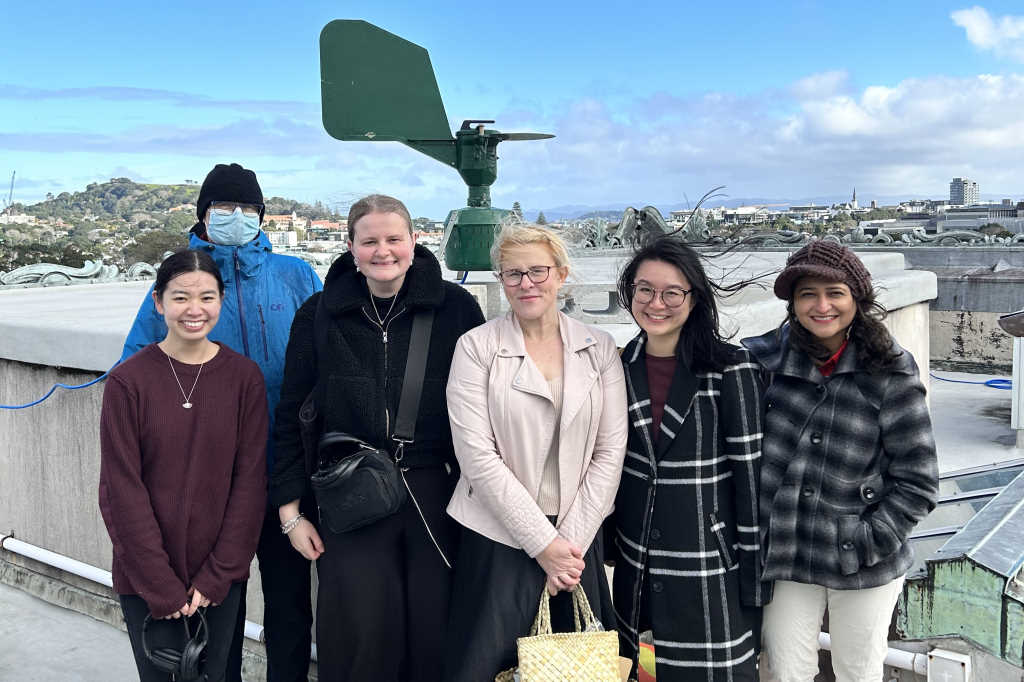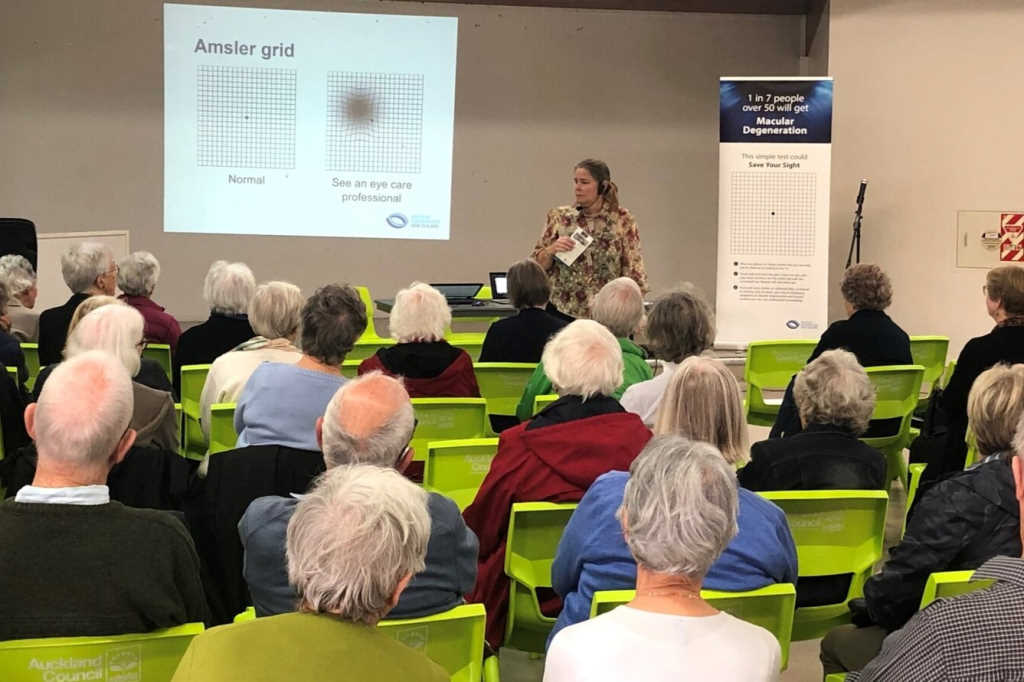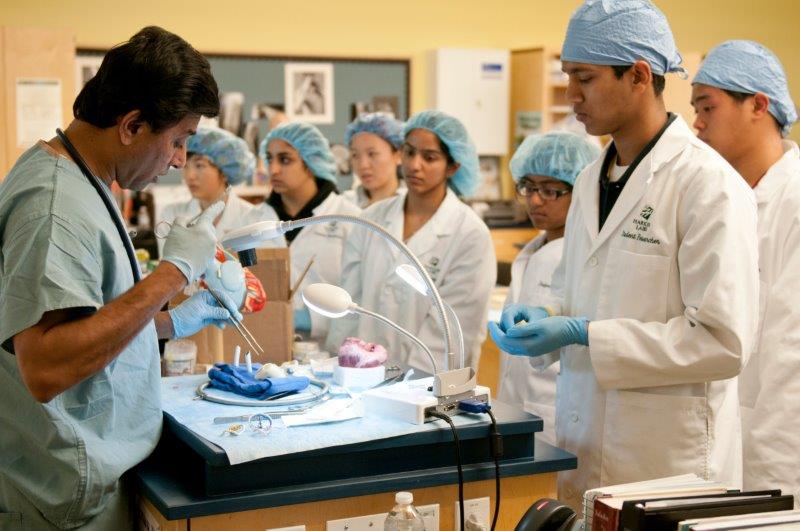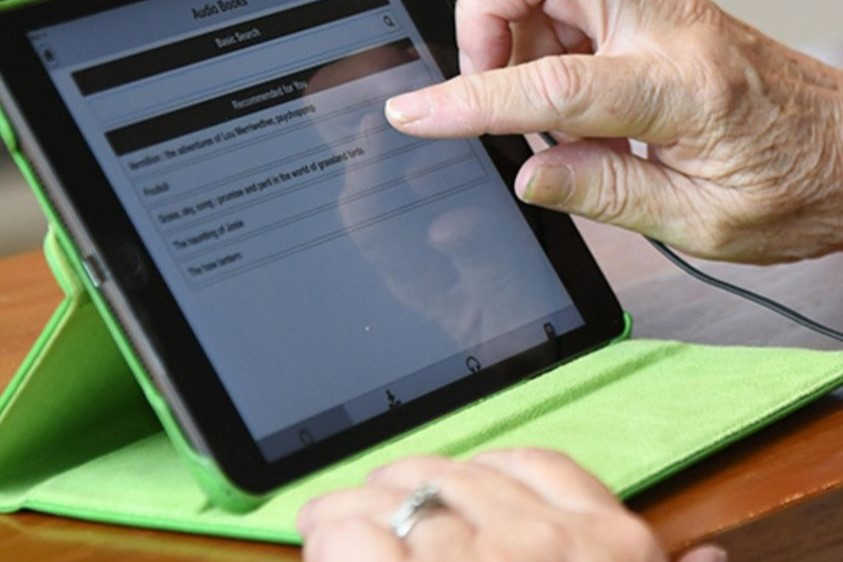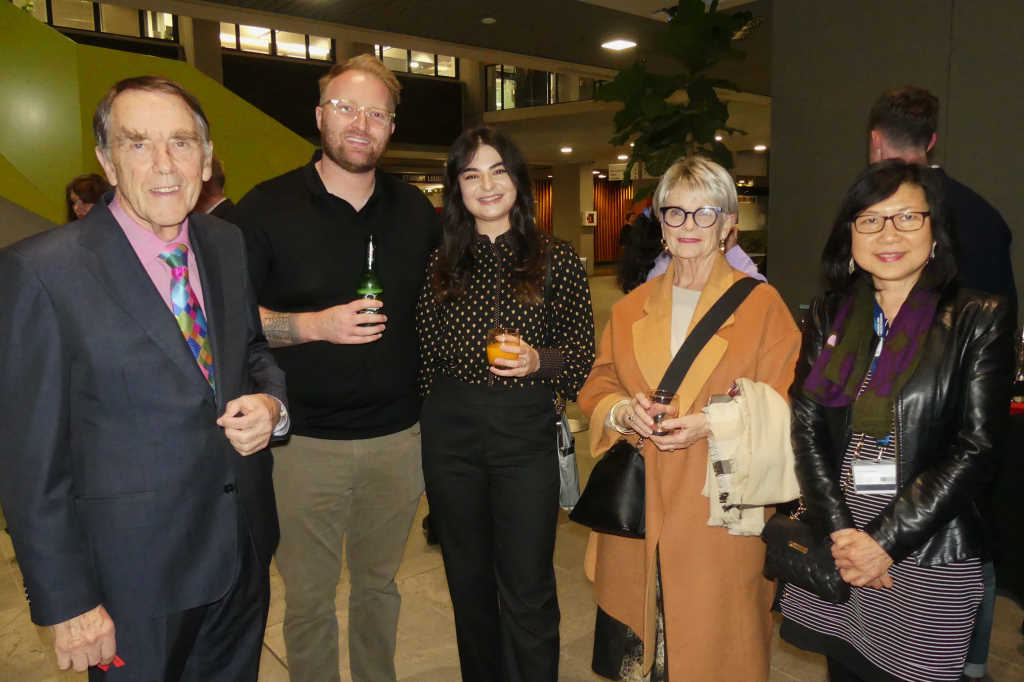New amblyopia screening tool
US medical start-up Rebion has developed a handheld paediatric vision scanner to help clinicians screen for amblyopia.
The Blinq scanner can detect even subtle strabismus, said inventor Dr David Hunter, head of ophthalmology at Boston Children’s Hospital and co-founder of Rebion. “It can help facilitate earlier identification of children who need vision-saving treatment when therapy is likely to be more effective and reduce unnecessary referrals to ophthalmologists.”
Dr Hunter and co-inventor Dr David Guyton, professor of paediatric ophthalmology at Johns Hopkins Hospital, said eye charts work well for six-to-seven-year-olds and some five-year-olds but detect amblyopia too late to fully treat. “Though photo screeners help identify more children at risk of amblyopia, their accuracy is limited by low detection of strabismus and high false positive rates,” said Dr Hunter.
Using a polarised laser scan to probe the nerve fibres inside the retina, Blinq can detect a 1° misalignment between foveas, a sign amblyopia is present, he explained. “When detected with precision, misalignment of the foveas identifies essentially 100% of children who have amblyopia, with fewer false positives compared with photo screeners.” The scanner also calculates a binocularity score indicating whether a child requires referral to an ophthalmologist for further investigation.
Two separate studies supporting Blinq’s effectiveness were presented at the American Academy of Ophthalmology. One, including 80 children, found Blinq offered 100% accuracy and a false referral rate of just 3%.












